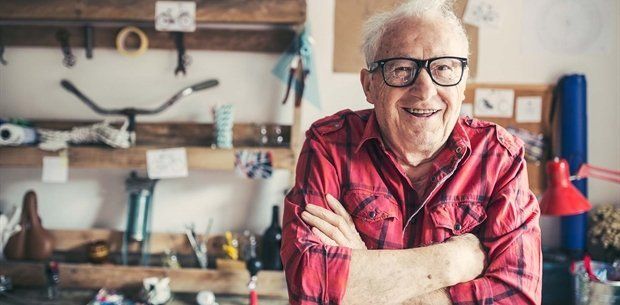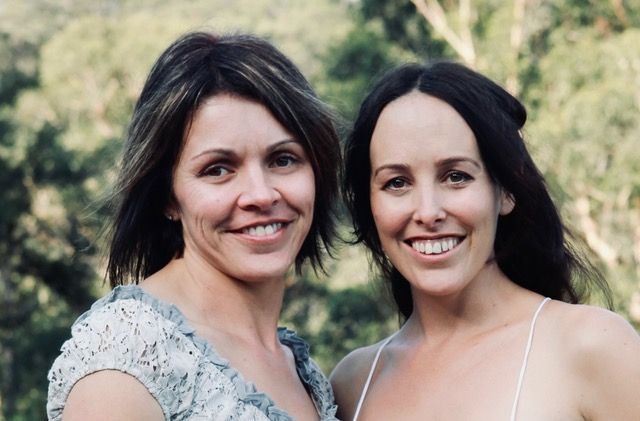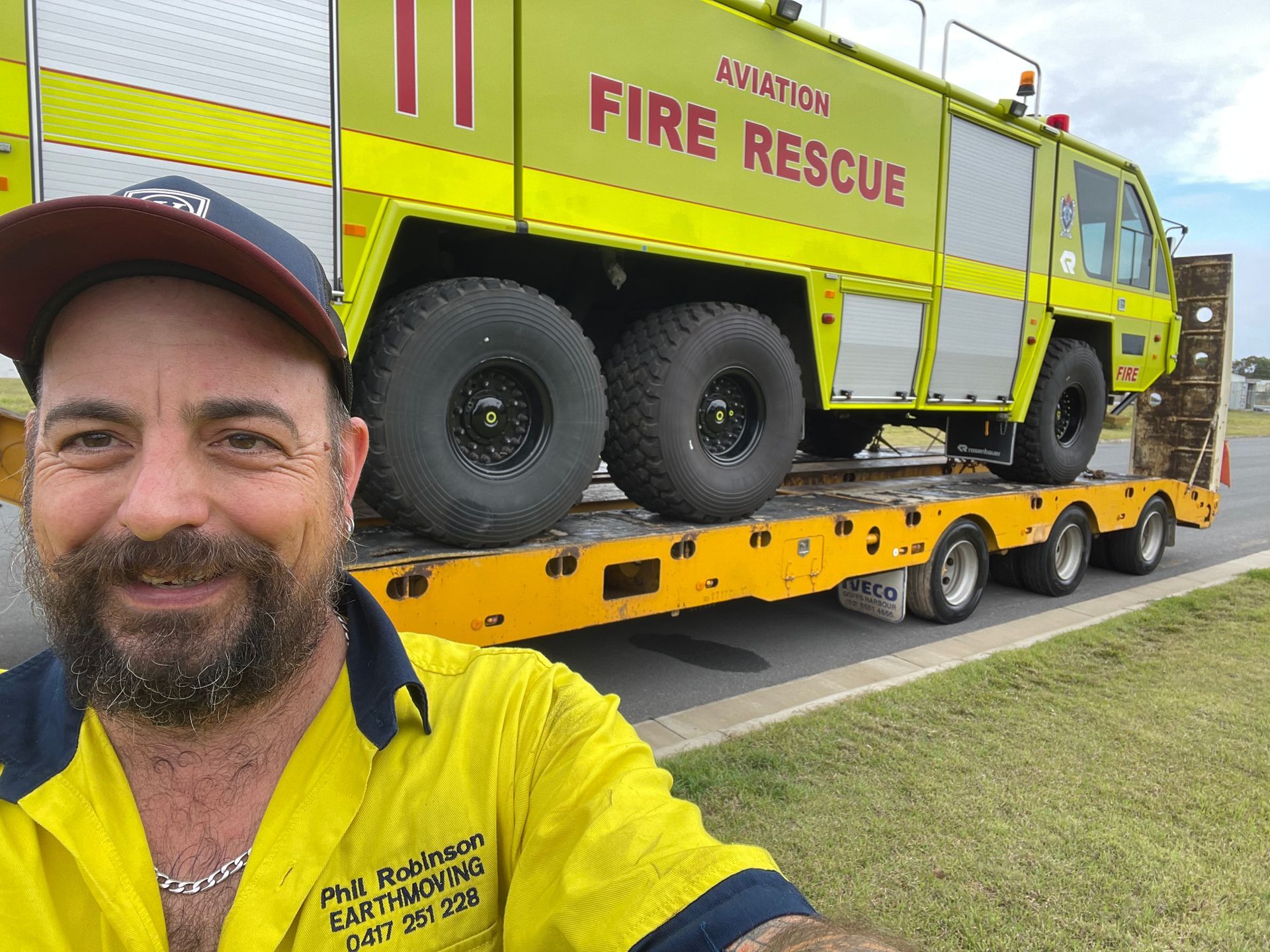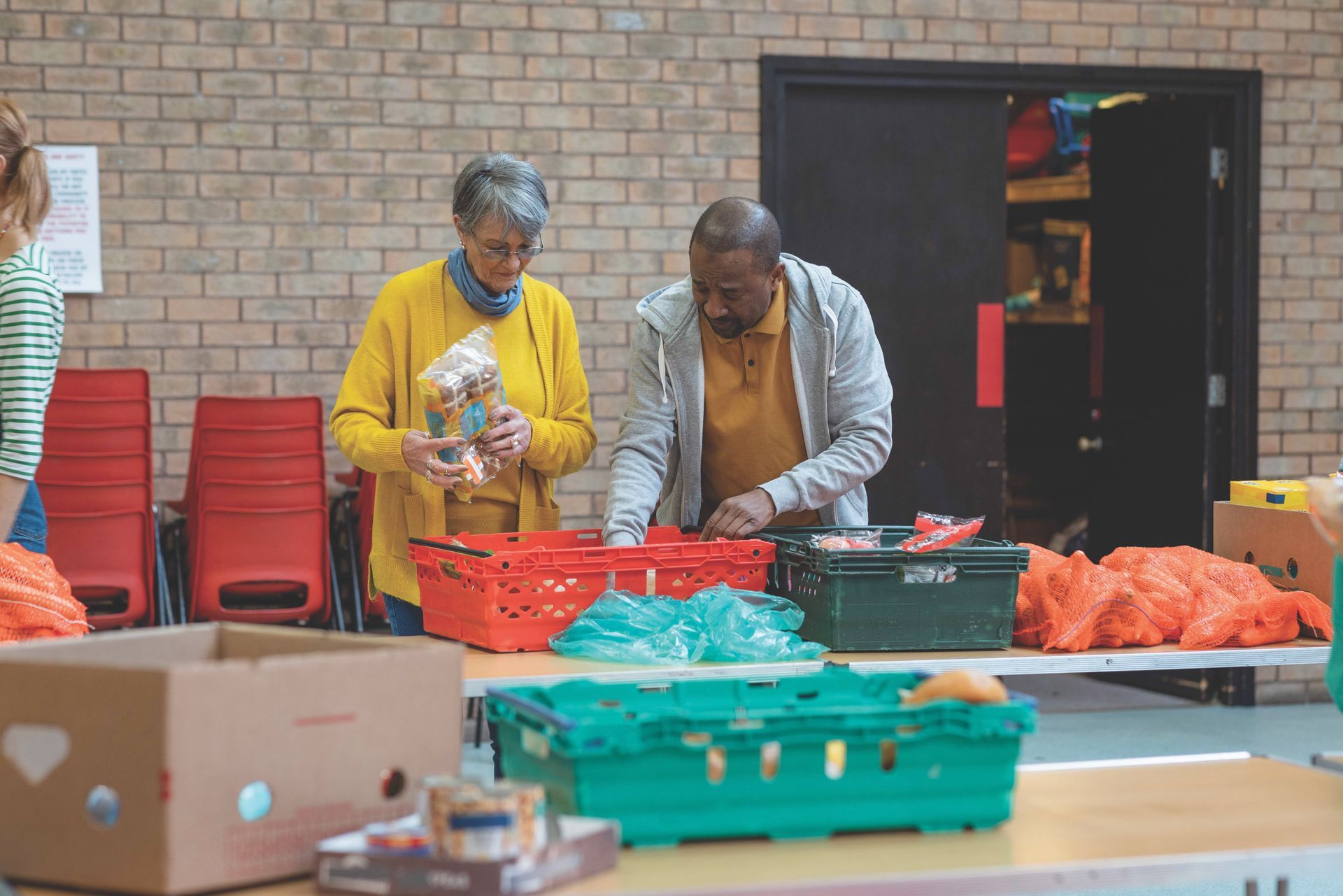Tips on transitioning into retirement
The article first appeared on Over60.
Rachel Clements is the Director of Psychological Services at the Centre for Corporate Health and member of R U OK? Conversation Think Tank.
How people transition into retirement can be quite polarising and depends heavily on how they have planned for this transition; their financial situation; their health, both psychological and physical; and their perception of what retirement will be like. Someone who has carefully planned their retirement is likely to feel more optimistic about the transition than someone who is forced into early retirement due to redundancy or ill health. With so many contributing factors – including financial issues, emotional issues, relationship issues and health issues – it can be a stressful and emotional time. For those who have been forced into retirement, there is an increased link to experiencing depression. However, should an individual have the opportunity to retire by gradually reducing their work days over time, or working in flexible ways such as contracting a few days a week, this can actually ease the stress associated with leaving the workforce ‘cold turkey’. Many people these days will remain in paid or unpaid forms of employment for a lot longer than in previous times. Often retirement is about transitioning in to a ‘new phase’ of one’s life.
When people retire, those who have strong social support and who are engaged in the community usually have the smoothest and most enjoyable transition. This is important when going through any change in your life because supportive relationships are one of the strongest buffers for our mental health and resilience.
When getting ready to retire you should consider:
- Cutting back on work gradually to give yourself time to adjust to retirement life over time.
- Before you retire, think about what you plan to do with your extra time. Join community groups or clubs so you build your social support network.
- Set some goals for yourself for after your retirement to keep you on track and feeling a sense of purpose, achievement and motivation. Consulting a career coach can be a great way of helping with this.
- Focus on your health and fitness, not only to ward off excessive health care costs but also to make your retirement an enjoyable time.
- Get your finances in order and find new ways to cut your expenses to reduce any financial pressure.
- Look into some volunteer options in a field that you are passionate about. Having meaning and purpose is very important for maintaining your wellbeing through this time of transition.
- Talk to your friends and family about what you want your retirement to be like. This helps them to adjust their expectations (“No, I don’t want to transition to a full time baby-sitter!”) and gives them insight into what might be the early warning signs that you may not be adjusting to retirement
- Stay connected to friends and family.
As a loved one of someone who is retiring, it is important to be aware of some of the early warning signs that your loved one may not be coping with the transition. Some of these early warning signs include:
- Irritability and frustration
- Anger
- Moods swings
- Withdrawing from friends and family
- Sleep disturbance
- Ceasing usual activities
If you notice your loved one is not coping with retirement, it is important to have a supportive conversation with them to help them get back on track. Encouraging them to get active, try something new or join a community group can all help in reducing feelings of loneliness and helplessness. If they need extra encouragement, consider going along to volunteer with them in an area they are interested in as they may just need a little extra support during this time. If you notice that they are experiencing low mood, increased anxiety or not being themselves for longer than two weeks, it is important to encourage them to speak to their GP or another health professional such as a psychologist to help them manage the transition and get back on track.






















